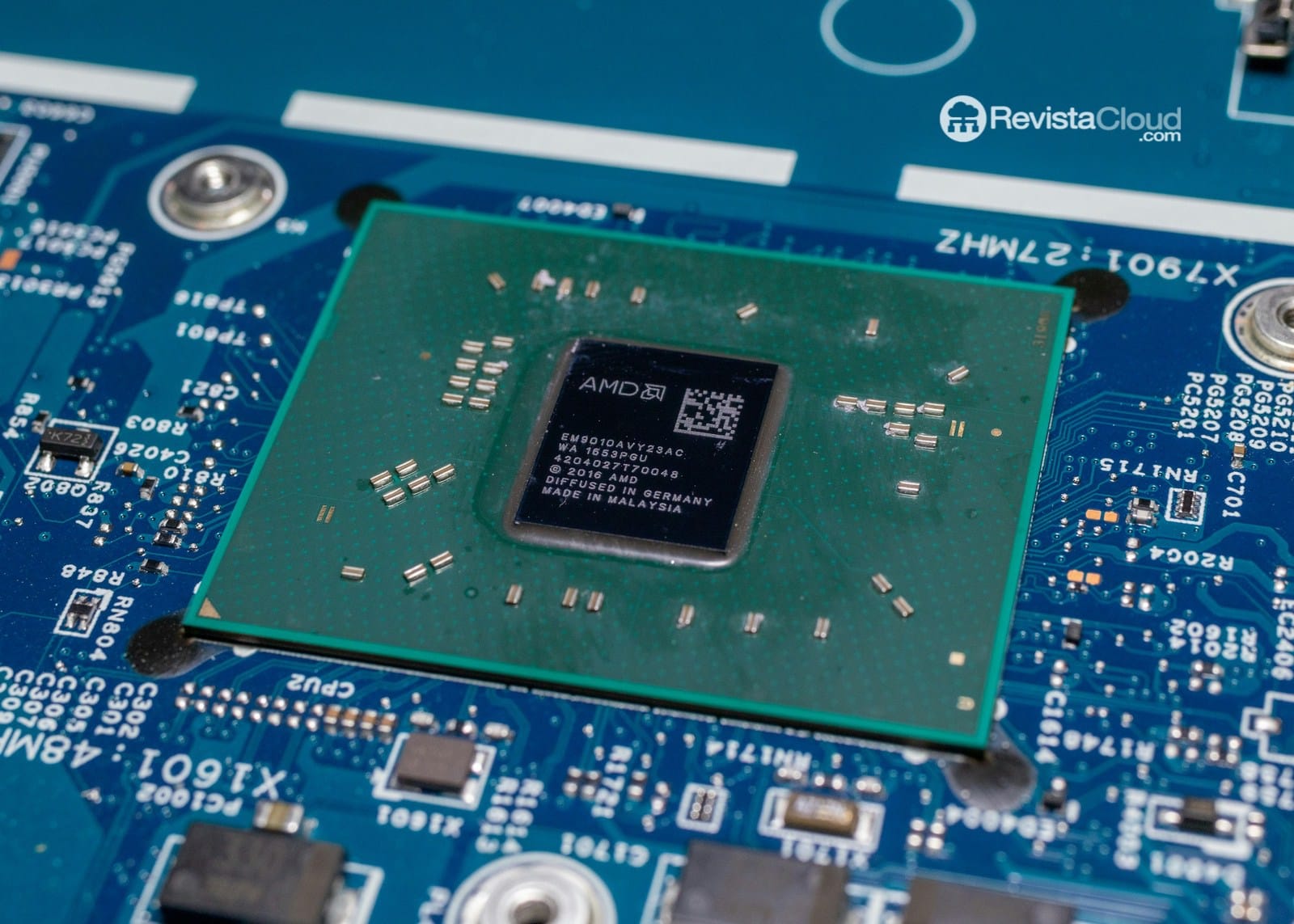Advanced Micro Devices (AMD), the well-known semiconductor manufacturer, has encountered a significant obstacle from the United States government in its attempt to market an artificial intelligence (AI) chip specifically designed for the Chinese market. This setback comes in the context of increasing control over the export of advanced technologies to China, part of Washington’s strategies to limit Beijing’s access to the latest American technology that could bolster its military operations.
AMD had designed this new chip with performance inferior to the chips it sells in countries outside of China, aiming to comply with U.S. export regulations and restrictions. However, U.S. officials have determined that the processor still has too much capability and that the company must obtain a license from the Bureau of Industry and Security of the Department of Commerce before being able to sell it in China.
This decision represents another chapter in the growing technological tension between the United States and China, where Washington seeks to curb Beijing’s progress in key areas such as artificial intelligence, quantum computing, and semiconductor. The U.S. administration has intensified its efforts to cut off the flow of advanced AI chips to China, arguing that these could be used to strengthen Chinese military capabilities, as well as to advance surveillance and repression of dissenters within the country.
AMD’s chip, designed to bypass U.S. restrictions by maintaining a reduced performance profile, has found that export regulations are stricter than anticipated. This incident underscores the complexity of navigating the current geopolitical environment for technology companies seeking to operate in the global market, especially when it involves cutting-edge technologies.
AMD and the U.S. Department of Commerce have not immediately responded to requests for comments on this situation. However, this event sheds light on the challenges facing American technology companies in their efforts to comply with export regulations without sacrificing market opportunities in China, a country that remains one of the largest and fastest-growing technology markets in the world.
The tension between commercial aspirations and national security considerations is becoming a constant in the global technology industry. Meanwhile, companies like AMD are in the delicate balance of adapting to these realities, seeking innovative ways to meet both market demands and regulatory requirements imposed by U.S. authorities.

